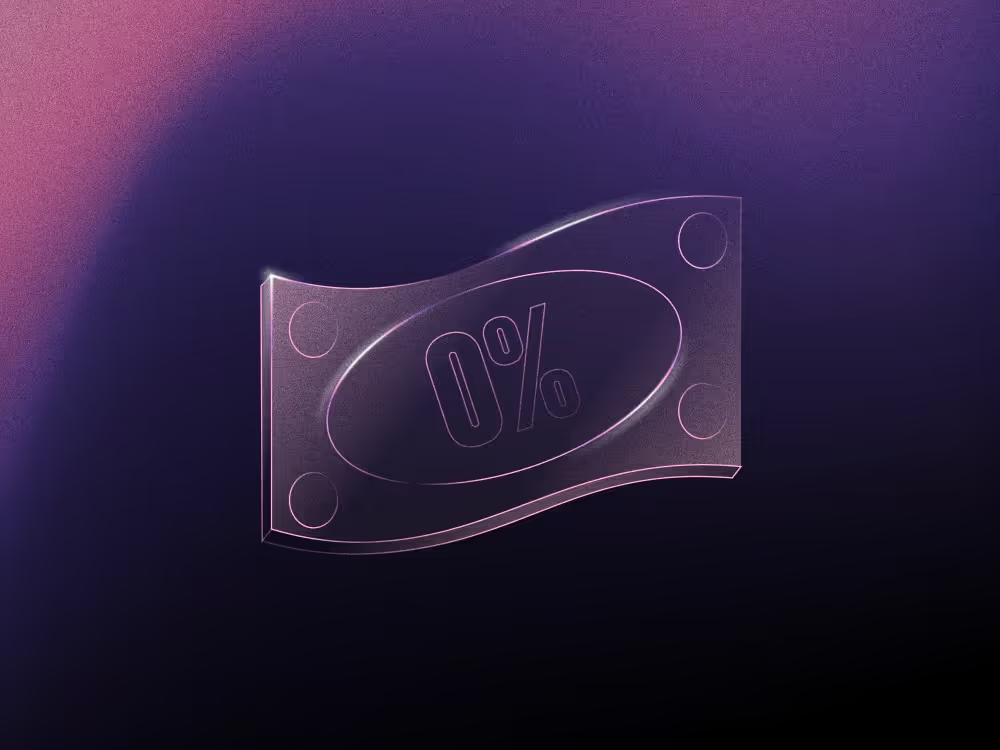Taking the plunge and investing for the first time is exciting.
You’ve put your money into a stock or ETF and there’s a chance it’s going to increase in value.
What you do next will be influenced by a variety of factors unique to you.
That includes how long you want to hold your investment, your own investment goals and the markets themselves.
Think about why you are investing
As with anything in life, when you invest your money, it’s good to have an idea as to why you are doing it.
Most people invest because they want to increase their wealth. But even here people will have divergent aims.
One person may invest to save for their retirement. Someone else might just be looking to grow their wealth for the short term as they want to buy a house in the next couple of years.
Whatever your goal is, it’s almost certainly going to determine what you do with the assets that you’ve invested in.
For example, if you are planning on making a large purchase in the next twelve months — say a car or a house — then there’s a good chance you’ll need cash and, consequently, that you’ll have to sell off some of your investments.
Timing is everything
That takes us on to our next point — time frames.
Over a prolonged period of time, a diverse portfolio is likely to rise in value. Even after major market crashes, stock prices have recovered over time.
But you will need to think about what your own personal circumstances are. If you are going to need money in the near future, you are less likely to be able to invest for the long-term.
That might not be a problem but it could mean that you are forced to sell sooner than you want to. This could lead you to be more susceptible to dips in the market and end with you selling off assets at a lower price than you want or, even worse, need.
Stay alert
There’s a good chance that you’ve flicked through TV channels before and ended up on some random business news station.
We’re not suggesting you have to watch these guys every day but it’s definitely worth keeping abreast of any developments that might affect your investments.
That could be as simple as following company news, like financial reports or any big deals that have been made.
You might also go deeper and think about the larger issues affecting your investments.
Let’s say you invest in a green energy company. If there were low oil prices, that might make green energy more expensive and less appealing to investors, leading to a lowering of the value of your investment.
On the other hand, if the government decided to place higher taxes on carbon fuel producers, that could help green energy companies like the one you invested in.
Keeping up to date with things like this will, at the least, let you see why your investments are changing in price.
Research, research, research
There’s an almost never-ending amount of reading, watching and listening that you can do to get an idea of what’s happening in the stock market.
That may sound like work but it’s actually a lot of fun — especially when your money is on the line.
Some things to look at might include a company’s price to earnings ratio, its free cash flow and, if it pays them, its dividend yield.
As the annoyingly cliched phrase goes, knowledge is power. The more you know, the better prepared you’ll be to decide what to do with your investments.
Learn more:
How to invest in the stock market
Savings vs investing - which is better?
Detailed guide to investment risk
How to choose the best investment app
This should not be read as personal investment advice and individual investors should make their own decisions or seek independent advice. This article has not been prepared in accordance with legal requirements designed to promote the independence of investment research and is considered a marketing communication.When you invest, your capital is at risk. The value of your portfolio can go down as well as up and you may get back less than you invest. Past performance is not a reliable indicator of future results.













